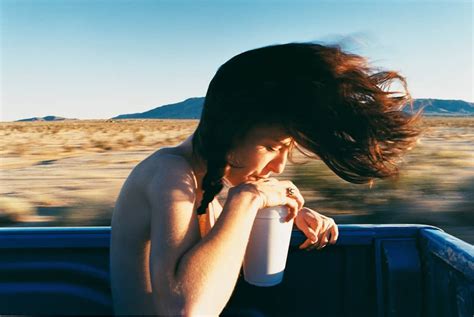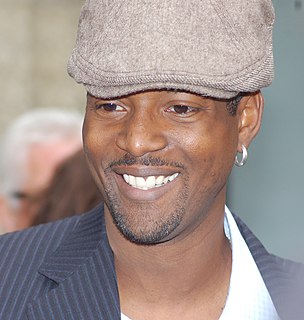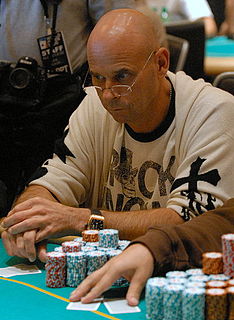A Quote by Ryan McGinley
Just having the camera, being able to pull back from situations and be an observer, it saved my life... I realised I could find these intimate moments and that people trusted me. That, basically, my camera was magic.
Related Quotes
I found that the camera was a comforting companion. It opened up new worlds, and gave me access to people's most intimate moments. I discovered the privilege of seeing life in all its complexity, the thrill of learning something new every day. When I was behind a camera, it was the only place in the world I wanted to be.
I love to just listen and watch. I could happily watch a security camera at a store. Often during a day I'll see a guy selling pretzels or an argument that somebody's having on a stoop and I'll think, "Oh I wish I had my camera, I wish I could capture this moment." There's something about people being people and interacting that can be so beautiful when it's framed by a camera. That desire to capture people as they are, and the stubbornness to keep going when they don't necessarily want you to capture them being who they are, are key.
The camera is one of the most frightening of modern weapons, particularly to people who have been in warfare, who have been bombed and shelled for at the back of a bombing run is invariably a photograph. In the back of ruined towns, and cities, and factories, there is aerial mapping, or spy mapping, usually with a camera. Therefore the camera is a feared instrument, and a man with a camera is suspected and watched wherever he goes... In the minds of most people today the camera is the forerunner of destruction, and it is suspected, and rightly so.
Film, television, and working with a camera is such an intimate art form that if a camera is right on you, and I've got your face filling the screen, you have to be real. If you do anything that is fake, you're not going to get away with it, because the camera is right there, and the story is being told in a very real way.
A huge part of what we do as actors is learning to ignore the camera, as if it's not even there, while simultaneously being very aware of the camera and what it's capturing, because you can give the best performance of your life, but if you do it with the back of your head facing the camera, it's going to get cut from the movie.
Sometimes you meet someone, and they seem great, they seem exactly what you're thinking of for the role, and then you put a camera on them, and they freeze. And other people come to life with the camera on them. I haven't discovered any reliable predictor for that; I think you just have to try it and see what happens. And, you know, sometimes the people who freeze, if you find the right magic word to say to them, you can unlock them.

































